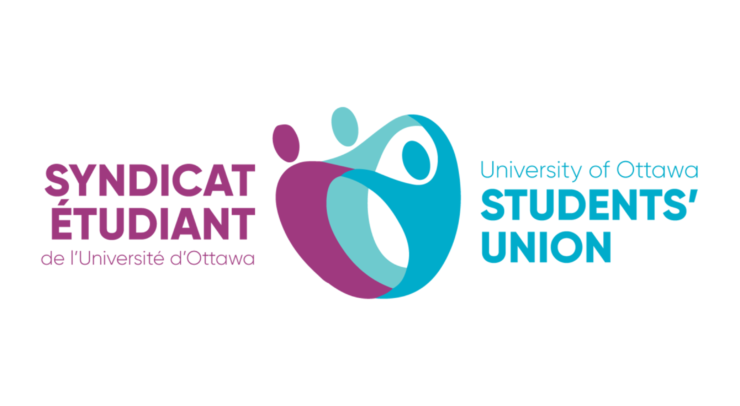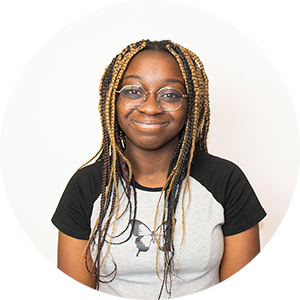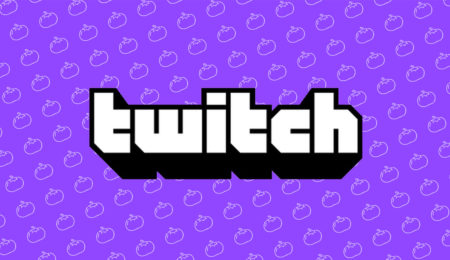With a 7.7 per cent voter turnout, the 2023 fall by-elections have officially come to an end
After an intense two-week campaign period, spirited conversations surrounding referendum questions, and live debates between executive candidates, the University of Ottawa Students’ Union (UOSU) byelection ended on Oct. 14.
Delphine Robitaille, the former chair of the Board of Directors (BOD), was elected as the union’s president with 1,547 votes (75.7 per cent). Rayne Daprato, the interim student life commissioner, was elected as student life commissioner with 1,597 “yes” votes (84.9 per cent). Tristan Maldonado-Rodriguez was elected as francophone affair commissioner with 1,241 “yes” votes (81.3 per cent). Former engineering director Daniel Thorp was elected as the union’s first-ever communications comissioner, with 1,044 votes (58.4 per cent).
Only the president and communications commissioner races were contested. Quanah Traviss, current director of the Indigenous Students Association, withdrew from the communications commissioner race on Oct. 12. He had received 744 votes (41.6 per cent) at the time of his withdrawal.
Brandon Ly, the chair of the BOD’s elections committee and chief electoral officer, had announced that the voter turnout for the by-election was 7.7 per cent. This was the “highest turnout ever recorded for a by-election in UOSU’s history” in a statement posted to Instagram.
Board of Directors
Out of the four candidates for director of the faculty of social sciences, first-year conflict and human rights student Claire Jung was elected with 262 votes. There was a 12-vote difference between Jung and the second candidate, Katanan Touré.
For the faculty of science, fourth-year biochemistry student Martine Lajeunesse was elected uncontested with 229 votes (85.4 per cent).
For the faculty of arts, both Aekam Chahal and Justine Lemay were elected as directors. The faculty had two vacancies, and the results were acclaimed.
For the faculty of engineering, second-year computer science student John Lopes was elected uncontested with 169 votes (79.3 per cent).
Senate
There were only three candidates running for positions on the senate, each a part of different faculties. All were elected.
For the faculty of science, second-year biochemistry student Valmik Duvadie was elected with 218 votes (84.2 per cent).
For Telfer, second-year commerce student Christian Henry was elected with 138 votes (88.5 per cent).
For the faculty of education, second-year education student Pamela Nzoukou Njilo was elected with 81 votes (93.1 per cent).
Referendum Questions
A unique aspect to this year’s by-election was the open submission of referendum questions. The ten questions, asked by students for students, were to determine where their mandatory fees should go and which campus groups should earn levies.
The first referendum question asked for a 11.37 per cent reduction of the maximum membership fee of the UOSU; students voted largely in favour with 2,260 votes (84.9 per cent). As a result, the union fees will be $111.75/year for full-time students and $59.37/year for part-time students.
The second referendum question asked to halt the $4.10/semester levy for the Ontario Public Interest Research Group (OPIRG); students voted in favour with 1,852 votes (74.4 per cent).
The third referendum question asked for the creation of a $3/semester opt-outable levy that will go towards the creation and operation of a student-run bar. Students ultimately voted in favour with 1,294 votes (50.8 per cent); there were 1,253 votes against (49.2 per cent).
The fourth referendum question asked to halt the $4.99/year levy that funds CHUO 89.1 FM, the independent radio station; students voted in favour with 1,768 votes (69.7 per cent).
The fifth referendum question asked for the creation of a $4/year “Emergency Hardship Fund Levy” for short-term financial support for students. Students voted in favour with 1,256 votes (51.4 per cent); there were 1,187 votes against (48.6 per cent).
The sixth referendum question asked for the creation of a $1/semester “Printing Service Levy” to provide free printing for students; students voted in favour with 1,506 votes (59 per cent).
The seventh referendum question asked for the creation of a $0.75/semester “Truth, Reconciliation, and Decolonization Levy” that would go towards the ISA and decolonization initiatives on campus. Students voted in favour with 1,588 votes (64.3 per cent).
The eighth referendum question asked for the creation of a $1/year opt-outable “Muslim Students’ Association Levy” that would go towards the Muslim Students’ Association to fund their initiatives. Students voted in against with 1,244 votes (53 per cent) while 1,105 votes were cast in favour(47 per cent).
The ninth referendum question asked for the creation of a $0.97/year opt-outable “VCRT Levy” to partially fund the U of O Volunteer Crisis Response Team’s operations; students voted in favour with 1,641 votes (67.2 per cent).
The tenth referendum question asked for the formation of a registered student government for the newly-established Pharmacy program. Only seven students voted for this question, all in favour!
You can read the by-election results for yourself on the Chief Elections Officer’s Instagram page.








